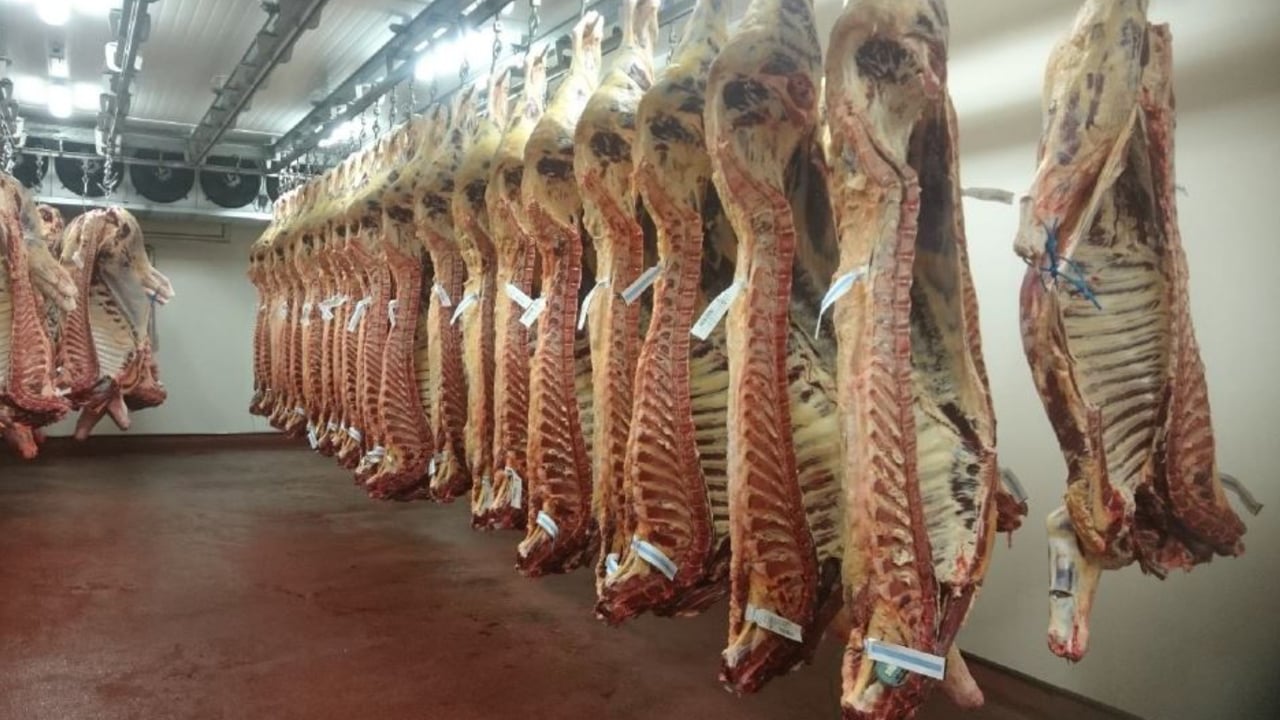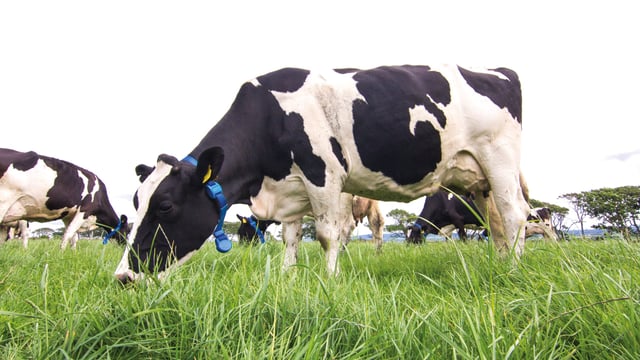Consultation on work permits occupations expected this year
A public consultation on the next review of the list of occupations governing work permits for non-Irish nationals is expected to take place this year, according to one minister of state.
However, Fine Gael Mayo TD Alan Dillon, Minister of State at the Department of Enterprise, Trade and Employment, said that the exact date has yet to be confirmed.
The issuing of work permits to persons from outside Ireland or the European Economic Area (EEA) is based on two lists, the Critical Skills Occupations List (CSOL) and the Ineligible Occupations List (IOL).
In a parliamentary question, Cork East Fine Gael TD Noel McCarthy asked if any changes to the IOL were being considered to remove categories of farm workers from that list to address labour shortages in the agriculture sector, thereby allowing workers with those skills to receive work permits.
In response, Minister Dillon said: "In framing policy regarding employment permits, consideration is given to wider policy instruments that are also available in meeting the challenges presented by skills shortages.
"Economic migration is intended to complement the primary policy objective of government, namely, the upskilling of the resident population at all levels," he added.
"However, where specific skills prove difficult to source within the EEA, and where such recruitment may benefit the state’s economic or social development, the employment permits system enables us to supplement our domestic skills and labour supply by allowing the recruitment of nationals from outside Ireland and the European Economic Area (EEA)," Minister Dillon said.
A 2023 review of the occupations lists saw new quotas introduced for occupations such as pig managers and pig farm assistants, making them eligible for the general employment permit (GEP).
In addition, a number of occupations already eligible for GEPs had their quotas extended in 2023, such as dairy farm assistants and horticultural workers.
However, with the exception of pig farmers workers and dairy farm assistants, the remaining occupations under the category of 'farm worker' (as defined under the state's Standard Occupational Classification system) are currently on the IOL and cannot be considered for an employment permit.
Minister Dillon pointed out that an occupation can be considered for removal from the IOL, and therefore could be considered for work permits, in the following circumstances:
- There are no suitable Irish/EEA nationals available to undertake the work;
- Development opportunities for Irish/EEA nationals would not be undermined;
- Genuine skills shortages exist, rather than a recruitment or retention problem;
- Education, training, employment and economic development policies are supported;
- The skill shortage exists across the occupation, despite attempts by industry to train and attract Irish/EEA nationals to available jobs.
The minister said that the occupations lists undergo periodic evidence-based reviews involving a public/stakeholder consultation and are informed by the Expert Group on Future Skills Needs, and SOLAS Skills and Labour Market Research Unit.
Consideration is also taken of the views of the Economic Migration Policy Interdepartmental Group, which includes representatives from a number of relevant policy departments, including the Department of Agriculture, Food and the Marine.
The Department of Enterprise, Trade and Employment accepts submissions for amendments to the occupations lists at any time, with support from the relevant government department.
"Should the agricultural sector wish to make a submission to remove the remaining roles within ‘Farm Workers’ from the IOL, with the support of Department of Agriculture, Food and the Marine, [the Department of Enterprise] will carefully consider any such submissions," Minister Dillon said.
"While a date has yet to be announced, I can advise that the public consultation phase of the next review of the occupations lists is expected to open this year," he added.





